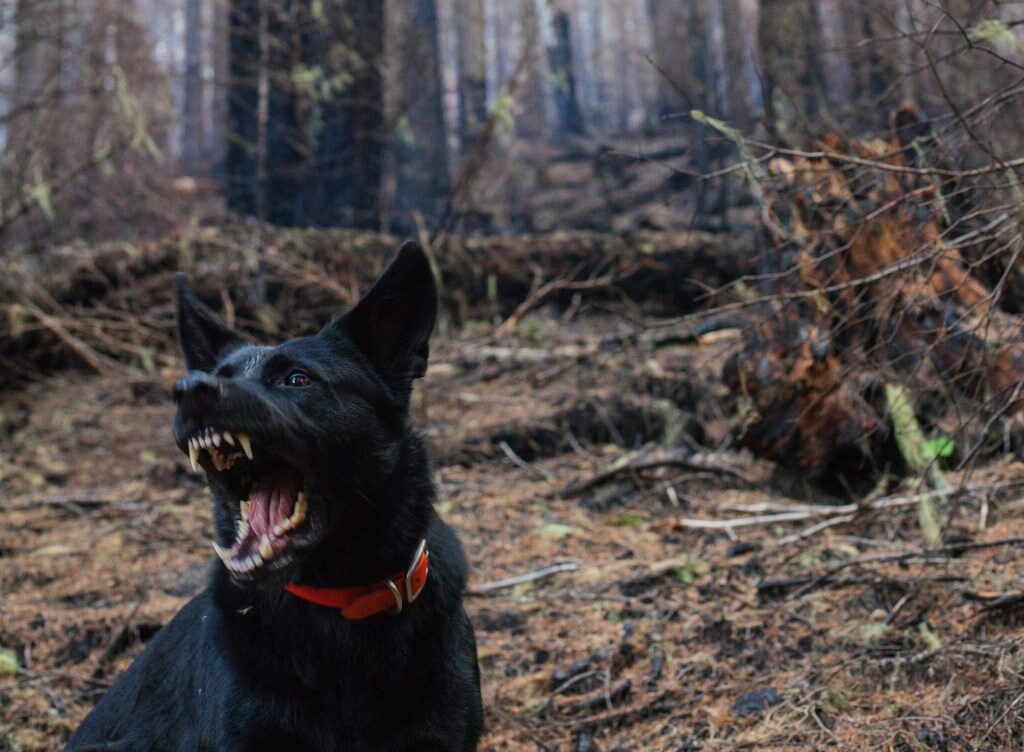
By Fur-Tales Team
Is My Dog Reacting Differently to Certain People?
Many pet owners notice that their dogs react differently to certain people based on appearance, leading to questions about whether dogs can exhibit racist behavior. While dogs do not have the same social constructs as humans, they do rely heavily on past experiences, training, and socialization to shape their interactions.
Understanding a Dog’s Reactions
- Familiarity and Socialization – Dogs react based on exposure. If they have not been socialized with a diverse range of people, they may show fear or hesitation toward unfamiliar appearances, including skin tones, clothing styles, or facial features.
- Scent and Body Language – Dogs rely more on scent and body language than visual cues. Unfamiliar smells or movements may trigger different reactions.
- Owner Influence – Dogs often pick up on their owner’s reactions and behaviors. If an owner is tense or nervous around certain people, a dog may mirror this response.
How to Address This Behavior
- Increase Positive Socialization – Expose your dog to a variety of people in a controlled and positive manner.
- Reinforce Good Behavior – Reward calm and friendly interactions with treats and praise.
- Avoid Reinforcing Fear – If your dog reacts negatively, stay calm and redirect their focus rather than coddling or punishing them.
- Seek Professional Training – If your dog consistently reacts fearfully or aggressively toward certain individuals, a professional trainer or behaviorist can provide guidance.
Dogs are not inherently racist, but their reactions are shaped by experience, exposure, and reinforcement. With proper socialization and training, you can help your dog feel more comfortable around a diverse range of people, ensuring a friendly and well-adjusted pet
